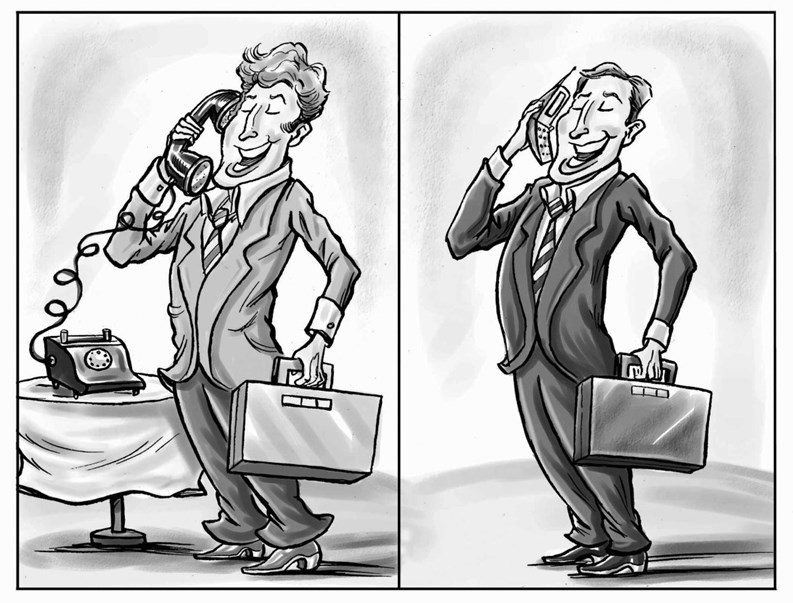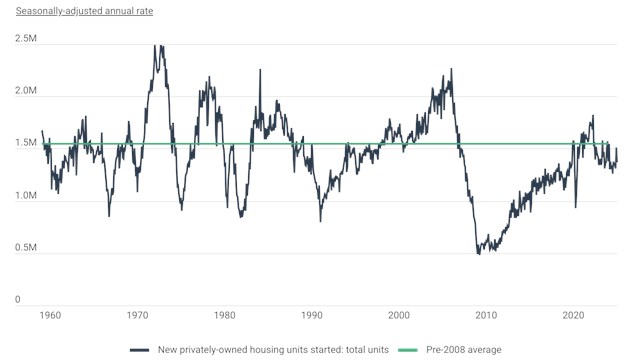In the 1950s, televisions were pieces of furniture the size of deep freezers. In 2008, TVs are flat and hang on a wall. The 50’s were about jukeboxes; the 80’s saw the Walkman and CD player and, today, it’s the small-but-mighty iPod. And computers? In the 1950s, they took up a whole room. Today, they are held in the palm of your hand.
So much has changed since the 1950s, from television to music to clothing and more. Even the process of purchasing a co-op or condo in New York City has changed significantly in the last five decades, thanks to many factors—higher prices, smarter consumers and, of course, the advent of the Internet.
Homes for a Song
“In the 1960s, buildings were built as cooperatives and the apartments were bought for very little money—eight hundred or twelve hundred dollars,” says Albert F. Pennisi, a partner with the Queens-based law firm Pennisi Daniels & Norelli and president of the Federation of New York Housing Cooperatives & Condominiums (FNYHC). “They were bought with loans guaranteed by the federal government, there was no real federal regulation process and no basic income requirements.”
Just ask an older New Yorker to tell you the now mind-boggling story about how he plunked down a grand in cash for his first co-op apartment in the 1960s, signed some papers and, voila, it was his. It’s starkly different from today’s astronomical prices and the mounds of paperwork involved in purchasing a home.
In the 1970s, according to Pennisi, the industry started to change slightly when owners began to sell off rental properties in pieces in order to make a bigger profit. “[Print] advertising became more prevalent, and people started to realize that the owner was making more money by selling, and that it was a good investment,” he says.
As a result, there were stricter regulations, and more reports and disclosure required. “Owners had to tell [buyers] about the problems with the apartment or building,” says Pennisi.
As the market began to evolve in the 1970s, the buyers and the sellers began to educate themselves, reading engineering reports, hiring attorneys and learning how to negotiate better in order to protect their investment.
“The market was flying between 1982 and 1987,” Pennisi continues. “There were major conversions, people were earning good livings, and co-op sales were up. Co-ops were still a cheaper form of purchase even in the 1980s.”
And when it comes to prices, sadly, a thousand dollars in today’s market won’t even pay your attorney fees, much less your down payment. According to Condo-Sales.com, published by Yale Robbins, Inc., the average sales price of a Manhattan condo this year is $1.6 million. Still a pretty penny, even if the number of sales has cooled off some since 2007, and foreign buyers snatching up properties have helped keep the city’s high-end market afloat. As of March 2008, there were 1,118 studio, 2,769 one-bedroom, 2,548 two-bedroom, 916 three-bedrooms, and 756 apartments of four or more bedrooms sold, for a total of 8,107 sales. With roughly a 17 percent increase in average sales price over the past year, one can see that vying for a Manhattan apartment is still a competitive arena.
Thinking that paying all cash for that co-op will make you a shoo-in? Fuggedaboutit. “Co-op boards don’t like that,” says Carmen Lee Shue, the president/owner of Lee Shue Realty, Inc. “They want to know where the money is coming from. In investment condos, you’ll still see people buy in cash, but now [most boards] want to see a paper trail.”
Name, Rank and Serial Number
And what a paper trail it has become. Buying a co-op or condo a few decades ago didn’t require nearly as much documentation as it does today, nor did your co-op application need to pass muster by an entire inspection committee.
“As the years have gone by, they’ve added more documentation to the package and the board is just asking for more and more information,” says Lee Shue. “They want to make sure you’re qualified, but you have to send paperwork copies to every board member. It becomes costly to prepare a package.”
In the 1990s, condos weren’t as popular as they initially were. “Condos were more expensive than co-ops, which were more popular,” says Pennisi. “But there was less regulation buying a condo than there was a co-op, and you could rent and sell it easier.”
But sell it to whom? In the 1950s, single persons and couples were the driving force behind the purchase of co-op starter apartments and today singles and couples are still driving the market.
New York City vs. Everywhere Else
But regardless of whether you’re a single or married buyer in New York City, be prepared to jump through some very different hoops compared to the rest of the country in your quest to buy a home.
“Elsewhere (i.e. in Connecticut and New Jersey) the realtor and/or the title company fulfill many of the functions that the parties’ attorneys handle in New York. The proliferation of buyers’ brokers is especially noteworthy in New York,” says Bruce Cholst, a Manhattan-based attorney with Rosen & Livingston. “Due diligence on the part of the buyer, the purchaser’s lending institution, and especially the board is far more comprehensive here than in other jurisdictions, probably because there is so much more money at stake in any given transaction. Finally, New York City is unique in that it is a magnet for foreign buyers.”
From Drive-In to Superhighway
Real estate experts also say that today’s market is generally a much faster, more sophisticated game than compared to even the 1980s, primarily due to the advent of the Internet, which has made buyers, sellers, brokers, boards and lending institutions significantly more informed. For example, buyers surf the Web before even before contacting a realtor to research current market information and finance options, as well as prices of comparable area apartments and a building’s financial health.
“In the past, there was only a general concern with respect to the building’s financial health,” says Cholst. “Nowadays, buyers are inquiring into all facets of the building’s operation. They want to know the particulars of the association’s financials, its relationship with the sponsor (if any), and the building’s structural condition.”
Prospective buyers are also asking probing questions about any litigation involving the building, any discord on the board or between the board and residents, as well as the board and building’s reputation, and any quality of life issues affecting the building, the apartment, and the surrounding community.
The Spin Cycle
In general, it seems that all parties involved with the sale of a co-op are more informed, and according to Cholst, sellers are screening buyers to determine the prospects of their passing muster with the board.
“Sellers have also mastered the technique of effectively marketing their apartments and ‘spinning’ any negative aspects of the building or apartment in order to facilitate the sale,” Cholst continues. “They have also learned how to engineer and manage bidding wars, which never occurred in the past.”
Brokers, he explains, have also learned how to screen purchasers so they minimize the chances of them contracting to buy into a building for which they are ill suited.
“Brokers are also more familiar with the requirements and idiosyncrasies of individual boards so as to effectively ‘stage manage’ purchasers’ applications to maximize their prospects for admission,” he says.
Dream Team
Regardless of how things used to be, one thing remains certain—these days, it’s important to have assistance to help you along in the buying and selling process.
“If you are buying an apartment, line up an experienced licensed real estate broker, an experienced real estate attorney, a banker and/or a mortgage broker,” says Lee Shue. “The buyer does not have to use the title company that his or her attorney uses, but can use their own title company to do the search. In addition, if the buyer is buying a house, I recommend that they hire a licensed home inspector to inspect the property and the house. They can call the Department of State for the names of licensed inspectors.”
Long gone are the days when you could secure an apartment in New York City for less than the cost of a college education or a pair of his-and-hers luxury automobiles. The impact this seismic shift will ultimately have on the culture of the city is anybody’s guess. In the meantime, whether you’re on the buying end or the selling end of the equation, having the right group of professionals advising you, and making the most of the modern tools available will make the process a much easier proposition.
Lisa Iannucci is a freelance writer and author living in Poughkeepsie, New York.







Leave a Comment